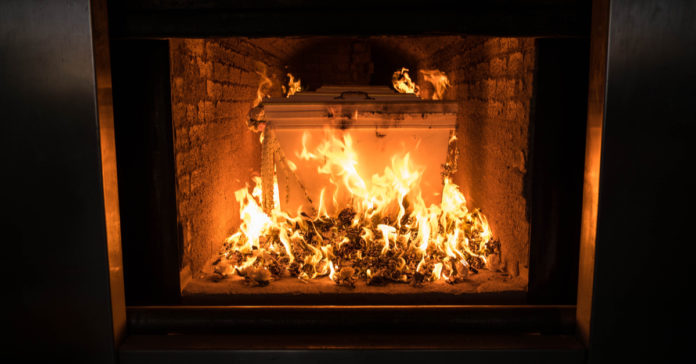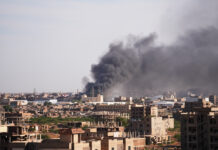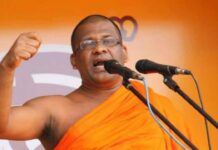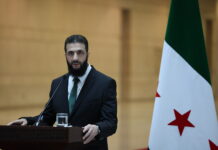Authorities in Sri Lanka insist they will continue cremating the bodies of coronavirus victims, including Muslims, despite protests from members of the community.
As of Sunday the South Asian nation had registered seven deaths from the coronavirus, of which three were Muslims who were forcibly cremated.
The Sri Lankan policy goes against World Health Organization guidelines which say either cremation or burial are appropriate means to deal with victims of the COVID-19 pandemic.
Pavithra Wanniarachchi, Sri Lanka’s Minister of Health, said on Sunday: “The corpse of a person who has died or is suspected to have died, of… COVID-19 shall be cremated.”
Sri Lankan officials have justified the policy by saying that burials take longer than cremations, and the country’s groundwater levels are too high thereby heightening the risk of infection spreading.
The position of the authorities has provoked a cross-community response which claims that Muslims are being targeted yet again.
The country’s main political party that represents Muslims, which make up 10 percent of the 21 million-strong national population, has accused the government of “callous disregard” for religious rituals and the families’ wishes.
Subscribe to our newsletter and stay updated on the latest news and updates from around the Muslim world!
Sri Lankan Muslim Congress leader, Rauff Hakeem, said on Twitter: “We did not ask for performance of religious rites, i.e. bathing the deceased with water or other funeral rites involving the families etc. All what we ask for is minimum burial rites according to WHO/UNESCO standards, and a reconsideration of the cremation-only policy.”
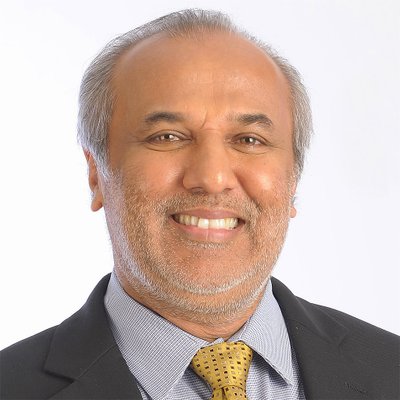
Biraj Patnaik, South Asia Director at Amnesty International, said: “At this difficult time, the authorities should be bringing communities together and not deepening divisions between them. Grieving relatives of people who have died because of COVID-19 should be able to bid farewell to their loved ones in the way that they wish, especially where this is permissible under international guidelines.”
Meanwhile on April 4, 164 activists and 17 organisations from all communities appealed to the government to reconsider the cremation-only policy.
The signatories to a protest letter included academics, religious leaders, legal professionals, activists, as well as organisations like the National Peace Council, Islamic Women’s Association for Research and Empowerment, and the Law and Human Rights Centre, Jaffna.
They said they were “concerned to learn that an individual of the Muslim faith who died due to COVID-19 was cremated on 30 March in contravention of the said Ministry of Health Guidelines and against the wishes of the family.”
The letter stated: “In the Muslim faith, it is required that the dead be buried and cremation is not permitted. The possibility of compulsory cremation therefore is a matter of great distress to practicing Muslims,” adding that this would adversely impact the mental health of the community.
The signatories added: “We have seen outpourings of vitriol and hate speech against Muslims for their actions or inactions in not preventing or causing the spread of COVID-19.”
They said decisions made regarding burial should not be punitive measures against the perceived irresponsibility of infected persons, and decisions regarding matters of public health should not result in the persecution or marginalisation of the Muslim population.
The signatories concluded by calling upon the President to “address the country’s greatly distressed Muslims and put to rest their fears that they are somehow being punished or that the country has little respect for their concerns.”
Sri Lanka currently has 210 cases of the coronavirus, which have resulted in seven deaths.
Tensions between Muslims and the majority Buddhist Sinhalese population came to a head last Easter after local “jihadists” were accused of suicide bombings at three hotels and three churches that killed 279 people.
Weeks later, Sinhalese mobs attacked Muslims, killing one and wounded dozens more. Hundreds of homes and vehicles were destroyed and the authorities were accused of failing to stop the violence – a charge denied by Colombo.




